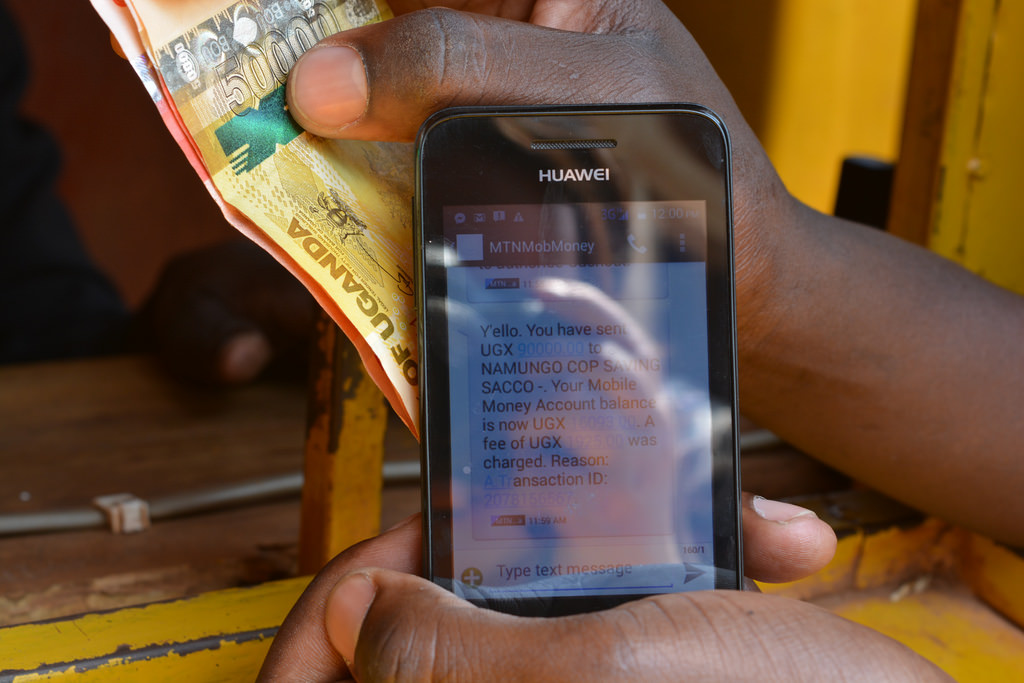Last night, I read that post by the co-founder of tiketmobile, and was really saddened, but without a lot of pity. It’s sad that he had to shutter up, and power down a business that must have been his big dream. But then, someone has to fail for the business schools to have case studies.
We also need failures to take out the romanticism from tech startups. It’s open season, not Christmas
Someone has to fail, but it’s sad when it has to be you. But the part where I do not pity Celestine, the tiketmobile founder, is where he came off sounding entitled, like he was doing someone a favour starting a business. That sir, I do not agree with. No one is sitting up at night losing sleep about how your business is doing. That’s your darned job.
Because Celestine didn’t give any insights to why the startup failed, one has to guess that revenue was low. Unfortunately, tiketmobile won’t be the last Nigerian startup to fail because founders didn’t think through about the revenue/profit stream, while sitting on grant funding, waiting for venture capital funding.
So what is the problem here?
Over the last year, I have met too many Nigerian startups who have told me their business plan is to build a smart enough app and get VC funding. Many are going to fail. Most people who know me on the business front probably have come across my model – www.makeaprofit.dazall aka WMD. WMD is a purely capitalist model. At least that is what I have been told. The cynical have said it’s cutthroat, while others have said that it rather paints everything a business should be doing into a small corner. But I ask, how many businesses have survived from not making profits? Or more importantly, why do we go into business?
I for one went into business so I could buy Nike Sneakers, but I was 17 then, I think. But for any grownup looking to start a business, you have to see the big picture, and realise that you are there to secure you’re livelihood first, simple. I am an ardent proponent of existentialism and one of our canons is John-Paul Sartre’s proposition that “Existence precedes essence”. Until we have solved the basic problems of food, clothing and shelter, everything else should be secondary.
In Nigeria for example, the average entrepreneur has to deal with problems of power, space and funding, along with the 3 basics of life. There is little room for error. If you fail, you fall through the cracks. And no, there’s no welfare. God bless you if you have family to fall back on, but if you don’t, well God bless you anyway, because if He doesn’t, you’re done for.
This is why I’m a “make a profit” proponent. Every business decision should be taken with the question of profits in mind: will this help make a profit? If you’re not seeing revenue and calling yourself “co-founder” just because it’s cool, well, watch that thing you’re sitting on, it’s probably long.
Startup romanticism
A part of this kerfuffle that is silly is that tiketmobile did get a chance to receive funding, but I will get to that later. Turning down investment to keep stake is silly, and may well be why tiketmobile failed. Another is the lack of business experience – too many startups flying into business (some form NYSC) without a day of experience at a job or business.
One of the guys I work with started a service last year, and could have well left to start his own gig. But he spoke to me and I offered him a deal: put your service under the company, use our resources and sell. Company takes 60% of profits, you keep 40%, but you spend nothing in sales and R&D. He took that deal. His first sale was over $10,000. Note the emphasis on the money there revenue = $10,000, cost of business = $0. I don’t know what could have happened if my friend did not take that deal, but that there is an example of how losing some stake could also mean gaining some wiggle room to breath, and also build business experience from an Autobot position.
I am hoping, before Celestine gets into his next venture, he would have found a Kenny Rogers tape and listened to “The Gambler” on repeat for at least 7 days.
You got to know when to hold ’em, know when to fold ’em,
Know when to walk away and know when to run…
Seek ye first the path to profits
The need to make profits for African (read Nigerian) startups is real. Unlike the Americans we read about on TechCrunch, we don’t have welfare or unemployment benefits. An American kid whose business has failed at least does have the option of welfare. But you Nigerian, remember when your mum said you should get a real job and you didn’t? Well, this is what they were talking about – that is if you have parents. Again, even if you have parents or relatives able to help, you can be sure to get a healthy dose of “I told you so” before you get a kobo of their money.
Let’s say you’ve passed the first test of feeding yourself, you want to expand the business so you make even more money (I believe the fancy word for this is ‘scale’), you decide to hire one or two people. That’s cool because it’s the logical thing to do. But imagine going the first month, no pay, second, no pay, and third, same, because business isn’t going too well. Well, you staff didn’t join you to understand that business doesn’t go well sometimes. They joined to get paid. So imagine that you can’t afford to pay them: what would Jesus do? Unfortunately, unlike Jesus, you can’t make a salary out of five loaves of Shoprite bread.
Some wisdom from a bottle of ketchup
Next time you happen to hold a bottle of Heinz ketchup, pay a little attention to the labelling, and you’ll find a little phrase “Grown not made.” Well, that little nugget of wisdom says all you need to know about what makes a business. It’s grown, with a plan and actions. From the moment Tiketmobile got the $5000 grant, the thinking should have been where the next funding was going to come from. Mind, I’m still a profit driven head, but if the business was setup with the intention of scaling based on funding rounds, then the guys at tiketmobile should have been thinking of step 2 right at the point go securing funding round 1.
The most annoying part of this businesses is that they did get a funding proposal from SPARK. There are reservations about SPARK’s model, and no one knows the terms Jason Njoku offered, but it’s not a fair world out there. People go on about Jason’s motives, and I ask: who doesn’t have motives? One of the problems Nigerian startups have is the illusion of owning it all. Well, if you’re not ready to chase a sound bootstrapping model, you have to be ready to lose some stake.
It’s great to own all your stake, but there’s nothing fun about owning 100% of a dead company. You dig?
By the way, Cele, Tony Elumelu does not owe you anything. But even if Tony Elumelu did bring VC funding, remember…
@pystar The graveyard of startups has a VIP section for companies that got funding but still failed. @markessien @asemota
— Editi Effiong (@EditiEffiong) May 9, 2013
















